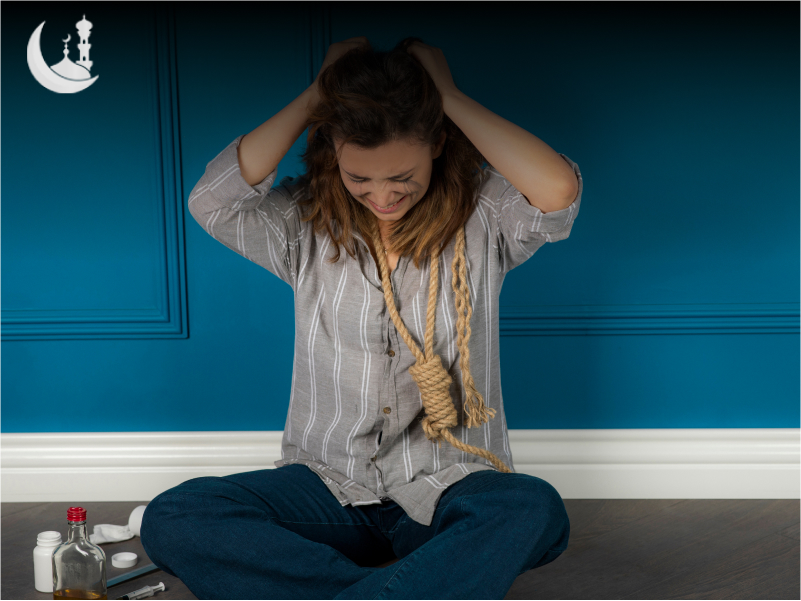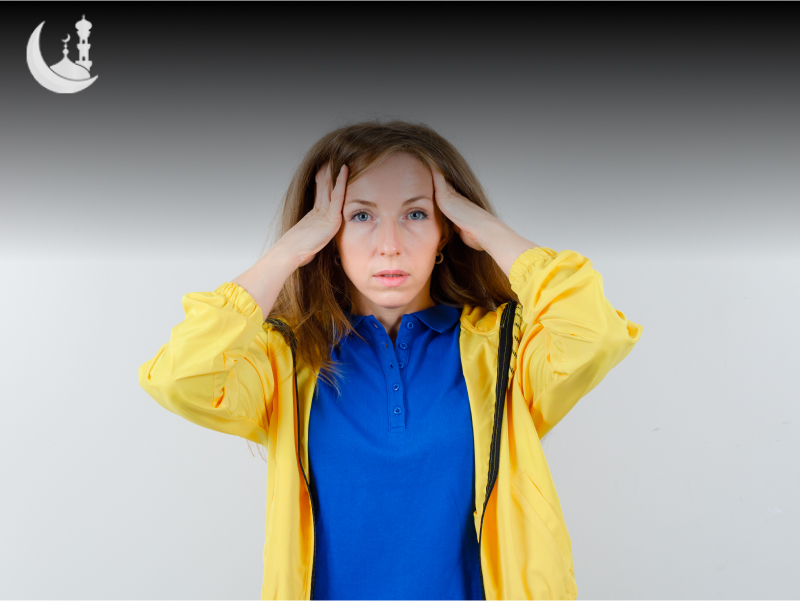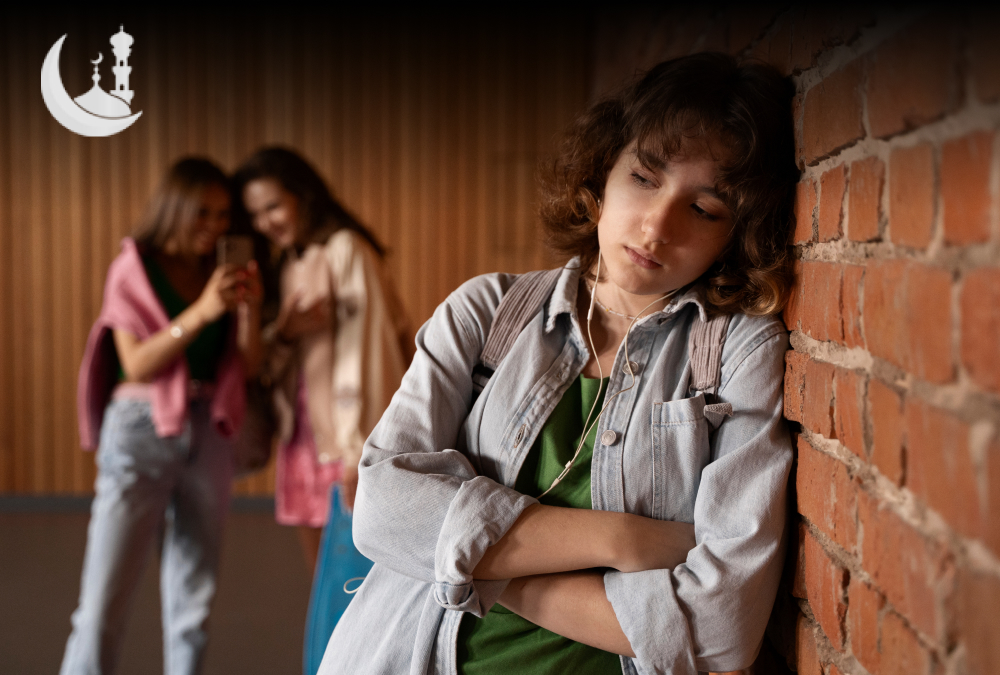Anxiety among teenagers has become a major issue in the current society that is characterized by fast and advanced technology. As students face more academic stress, social media pressure, and personal issues, more adolescents report feeling anxious. This blog seeks to offer clear information on what teen anxiety is, the causes of anxiety, the symptoms, and how to manage it.
Understanding Teen Anxiety
What is Anxiety?
How has Teen Anxiety Increased?
Several factors contribute to the rise in anxiety among teenagers:
- Academic Pressure: The competition to excel in academics and secure good grades to get into good colleges is immense.
- Social Media: Comparing oneself with friends on social networks can cause feelings of inferiority and anxiety.
- Family Dynamics: Some of the factors that may cause anxiety in teens include family problems like divorce, financial struggles, or pressure.
- Global Events: This includes news of disasters like epidemics, wars, and climate change, which also raises anxiety levels.

Symptoms of Teen Anxiety
It is therefore important to be aware of the signs of anxiety in teenagers to be able to intervene early. Common symptoms include:
- Panic or anxiety
- Irritability or restlessness
- Difficulty concentrating
- Some of the common signs include having a headache, stomachache, or having a rapid heartbeat.
- Refusal to engage in social interactions or perform social tasks
- Sleep disturbances

Addressing Teen Anxiety
Open Communication
The first thing that can be done to combat teen anxiety is to promote a culture of open and constructive dialogue. Therefore, parents, teachers, and caregivers should ensure that teenagers have a place to share their emotions without fear of being judged.
Professional Support
However, there are times when one may need the services of a professional. Medical personnel, including psychologists or counselors, can offer patients therapy and ways to manage stress. CBT has been found to be very useful in the treatment of anxiety disorders.
Healthy Lifestyle Choices
Adopting healthy lifestyles can greatly help in the reduction of anxiety levels. This includes:
Regular Exercise: It has been shown that physical activity can have positive effects on stress and mood.
Balanced Diet: Nutrition is key to having a healthy mind and body.
Adequate Sleep: It is important for teenagers to have enough sleep to support their mental health.
Mindfulness and Relaxation Techniques: Some of the ways of dealing with anxiety include taking a break, practicing meditation, taking deep breaths, and doing yoga.

Limit Screen Time
Cutting back on the time spent on social networks and other electronic gadgets can also help in the reduction of anxiety. Teens should be encouraged to have face-to-face conversations and to do things that do not involve screens.
Building Resilience
Teaching teens resilience skills will assist them in overcoming stress and anxiety. This includes:
Problem-Solving Skills: Teaching teens to cope with difficulties in a positive manner.
Positive Thinking: Promoting hope and changing negative thinking.
Self-Compassion: Counseling teens to be more tolerant of themselves and avoid negative self-talk.
Support Networks
It is crucial to have a good support system in place. Teens should be advised to meet with friends, family or support groups where they can discuss their experiences and emotions.
Call to Action for Marrkazul Irrshaad Wa Tawjeeh
Do you or someone you know have teen anxiety? Marrkazul Irrshaad Wa Tawjeeh is a helpful and supportive program for teenagers struggling with anxiety and other mental health issues. Our trained staff is passionate about supporting teens in their process of understanding their feelings, coping with stress, and improving their overall well-being.
Conclusion
It is important to recognize and treat teenage anxiety, and it cannot be done with a single solution. By encouraging healthy communication, and seeking professional help when necessary, encouraging healthy lifestyle choices, and teaching teens coping strategies, it is possible to support teenagers to manage their anxiety and live a happier and healthier life. The youth need to be encouraged to seek help when they notice these changes and their mental health needs to be taken care of.
Read Also: 11 Enjoyable Ideas to Strengthen Your Marriage
FAQ’s
Q1: What causes anxiety in teenagers?
Some of the main causes of teen anxiety include academic stress, social media, family issues, and world events. This pressure may arise from the need to perform well in school and gain a good chance of getting into a reputable university. This is because social media tends to make people compare themselves with their peers and this makes them feel inferior. Some of the factors that cause anxiety include family matters such as divorce, financial crisis, and high standards. Also, news on the world such as epidemics, conflicts, and natural disasters can also elevate anxiety levels.
Q2. What are some relaxation techniques that might help teenagers with anxiety?
Some relaxation methods that may help teenagers with anxiety include mindfulness meditation, deep breathing exercises, yoga, and progressive muscle relaxation. Mindfulness meditation enables the teenagers to be in the moment and decrease the levels of anxiety. Pranayama is a technique of controlling the breath that can soothe the nerves and reduce stress. Yoga is a form of exercise that involves the performance of postures and breathing exercises to enhance health. PMR is a technique where specific muscles are contracted and then relaxed in a sequence to help manage the physical symptoms of anxiety.






